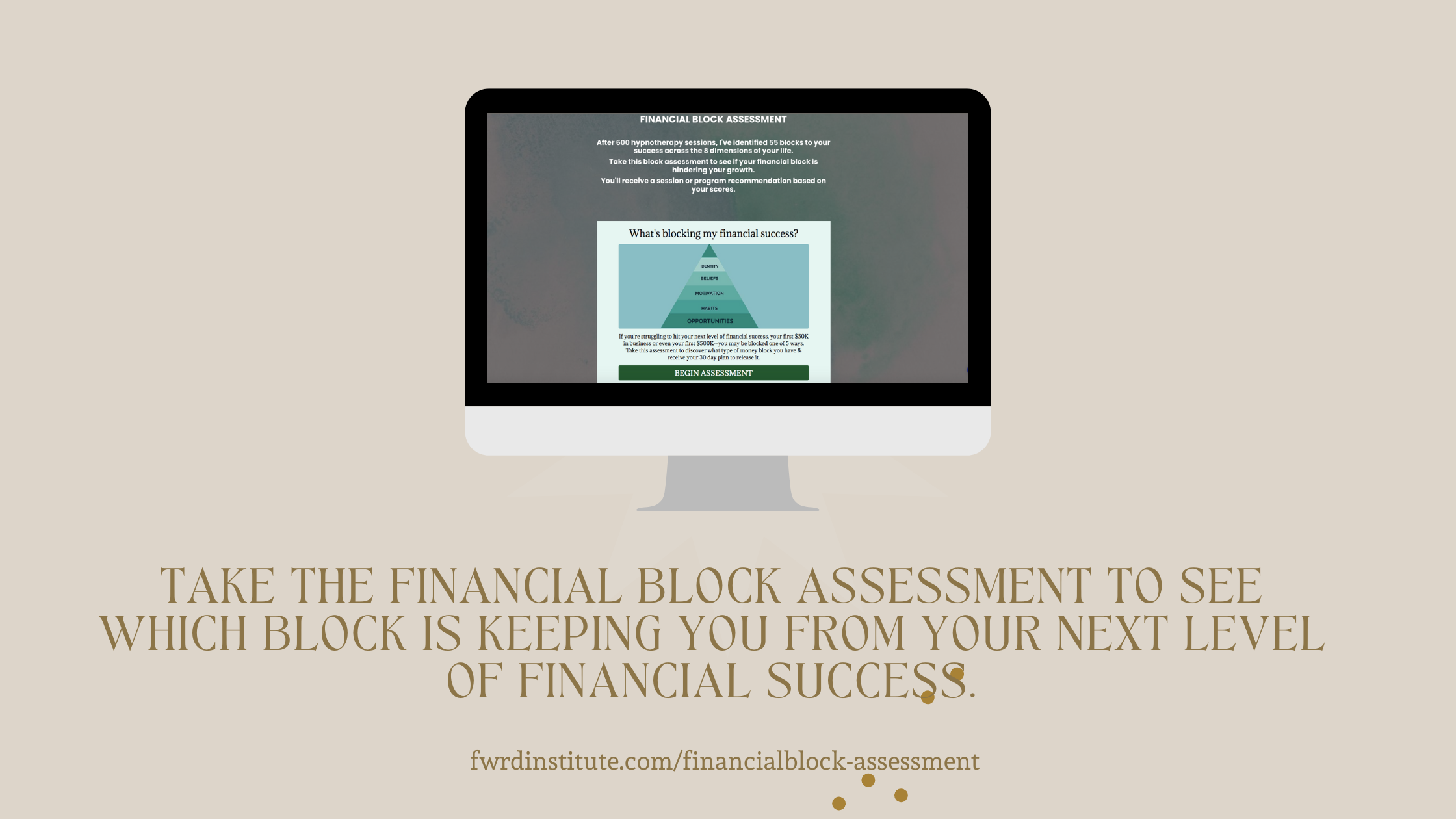Are You Failure-Driven? It May Be Hurting Your Business

Your mindset has a powerful influence on what you do and can achieve in this world. When your mindset focuses too much on failure, then you are more likely not to succeed or achieve your goals. Learning to overcome a failure mindset can put you on the track to well-being and living the life you have always wanted.
How Dwelling on Failure Affects Your Life
A failure mindset means that you have an irrational fear of not succeeding, and this fear can pertain to just about anything in your life, from decisions to relationships to jobs and more.
This mindset is a reaction of your emotions, thoughts, and behaviors to what you perceive are the negative consequences of not achieving a goal. But what are you really afraid of?
These are the most common fears associated with failure:
- I’ll embarrass myself.
- I’m not good/smart enough
- I might lose control of what happens next.
- I might disappoint others.
- I have too much to lose.
Living with a failure mindset can cause many problems. Living in this type of fear limits the goals you chose to pursue, how you actually go about tackling a problem, how well you recover from setbacks, and how you define “success” and “happiness” for yourself. You focus more on preventing losses than achieving goals, and you will likely try to avoid situations where will be judged or evaluated.
Fear of failure can lead to self-sabotaging behaviors, setting the bar too low for yourself, a lack of motivation, and not living up to your full potential. Being constantly afraid of failing can cause you to lack energy and feel fatigued and produces high levels of stress from chronic worry about failing. To avoid these adverse outcomes, you need to push past your failure mindset to embrace a growth-oriented mentality that values challenges.
How To Overcome The Failure Mindset
Similar to the all-or-nothing mindset and the fixed mindset, overcoming a fear of failure is all about embracing other possibilities and challenges in life. Learning to tackle problems head-on and deal with the repercussions of your choices is the sign of a healthy, proactive mindset, and there are many things you can do to overcome your fear of failure and embrace these new ways of thinking.
What you define as failure can help determine how to change your mindset. For example, if you deem yourself a failure because you have not lived up to someone else’s expectations or accomplished the same as others, then you need to work on ending your need to compare yourself to others. If you deem failure as not being the absolute best at something, then you are falling victim to more of an all-or-nothing mindset, which is also addressed in this book.
Learning from your mistakes is perhaps the best way to overcome a failure mindset. Instead of looking at missteps and stumbles negatively, instead turn it around to find out what you can learn from the situation. Now that you’ve failed, you have more information than you did before about what does and doesn’t work. How can you apply this new knowledge in the future? After all, you’re smarter now than you were before.
Many times, our focus on failure is not based on rational thought. Try imagining what would happen, exactly, if you did fail at a particular goal. Think about the worst possible outcome. If that occurred, what would you do? How would you handle it? How likely is that to happen?
Most of us spend way too much time worrying about things that will never actually happen in life. How about you use that time and energy to instead focus on what you can gain from taking this chance?
It’s not the failure that is threatening but instead your worry and fear about what that failure really means. Build up your confidence by engaging in activities in which you excel, and then build upon those successes by taking new chances. Start to embrace possibilities instead of fearing outcomes, and soon you’ll start to see that you can accomplish anything to which you set your mind.
Take our free assessment to identify the type of block you may have here




